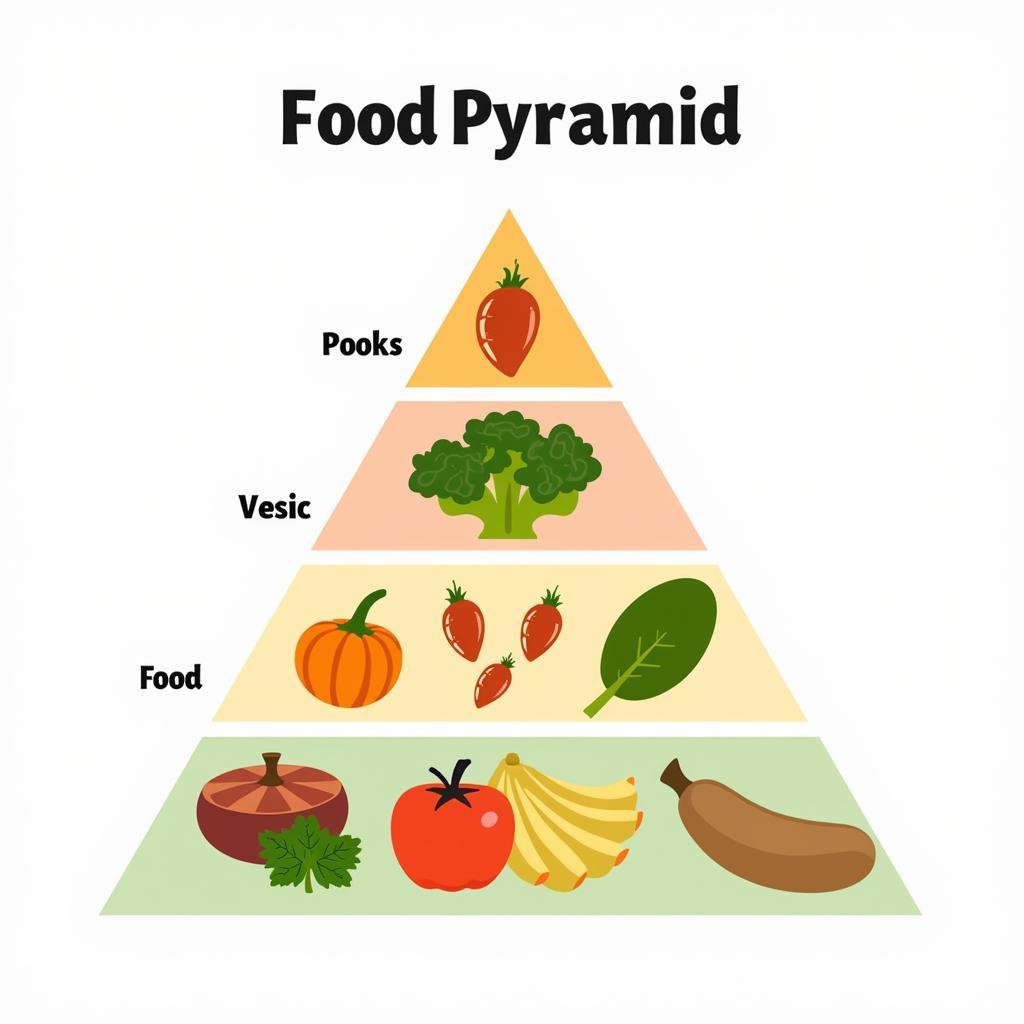Autism Spectrum Disorder (ASD) is a complex neurodevelopmental condition that affects communication, social interaction, and behavior. While there is no known cure for autism, there’s growing interest in the role of diet in managing symptoms. Autism Diet Research explores the potential impact of dietary interventions on improving the quality of life for individuals with ASD.
Understanding the Rationale Behind Autism Diet Research
Many individuals with autism experience gastrointestinal (GI) issues like constipation, diarrhea, and food sensitivities. Some researchers believe that these GI problems could be linked to behavioral challenges in autism. The gut microbiome, a complex ecosystem of bacteria in our digestive system, plays a crucial role in brain function and immunity. Imbalances in the gut microbiome, often triggered by dietary factors, are being investigated for their potential connection to autism symptoms.
Common Dietary Approaches in Autism Diet Research
Autism diet research encompasses a wide range of dietary approaches, each aiming to address specific aspects of the gut-brain connection. Some of the most studied diets include:
- Gluten-Free and Casein-Free Diet (GFCF): This diet eliminates gluten (found in wheat, barley, and rye) and casein (found in milk and dairy products) based on the theory that these proteins may worsen behavioral symptoms in some individuals with autism.
- Ketogenic Diet: A high-fat, low-carbohydrate diet that forces the body to burn fat for energy instead of glucose. This metabolic shift is believed to have neuroprotective effects that could benefit individuals with autism.
- Specific Carbohydrate Diet (SCD): This diet restricts certain types of carbohydrates, particularly complex sugars, to promote gut health and reduce inflammation.
- Low-FODMAP Diet: This diet limits fermentable carbohydrates that are poorly absorbed in the small intestine, often leading to GI distress. Reducing FODMAPs may alleviate digestive issues and potentially improve behavior in some individuals with autism.
 Autism Diet Food Pyramid
Autism Diet Food Pyramid
Analyzing the Evidence: What Does the Research Say?
While anecdotal evidence and parental reports often fuel interest in autism diets, scientific research provides a more rigorous assessment of their effectiveness.
- GFCF Diet: Research on the GFCF diet has yielded mixed results. Some studies suggest modest improvements in behavior and GI symptoms, while others find no significant benefits.
- Ketogenic Diet: Preliminary research on the ketogenic diet in autism is promising, with some studies reporting reductions in seizures and improvements in behavior. However, more research is needed to confirm these findings and assess long-term effects.
- SCD and Low-FODMAP Diets: While primarily used to manage GI symptoms, some small studies suggest that the SCD and low-FODMAP diets might also lead to improvements in behavior and social communication in some individuals with autism.
It’s important to note that research in this field is ongoing, and more large-scale, controlled studies are needed to draw definitive conclusions about the effectiveness of specific dietary interventions for autism.
Consulting with Professionals for Personalized Guidance
Navigating the complexities of autism diet research can be challenging. It’s crucial to consult with qualified healthcare professionals before making any significant dietary changes for an individual with autism.
 Autism Diet Consultation
Autism Diet Consultation
A team approach involving a pediatrician, registered dietitian, and behavioral therapist can help create a safe and individualized plan that addresses the specific needs of the individual and considers potential nutritional deficiencies.
Frequently Asked Questions about Autism Diet Research
1. What is the best diet for autism?
There is no one-size-fits-all “best” diet for autism. Each individual is unique, and dietary interventions should be tailored to their specific needs and sensitivities.
2. Can diet cure autism?
Diet alone cannot cure autism. However, dietary modifications may help manage certain symptoms and improve overall well-being in some individuals.
3. Are there any risks associated with autism diets?
Eliminating entire food groups can lead to nutritional deficiencies if not carefully managed. It’s essential to work with a registered dietitian to ensure adequate nutrient intake.
4. How long does it take to see results from an autism diet?
The timeframe for potential benefits varies depending on the individual and the specific diet. Some individuals may experience noticeable changes within a few weeks, while others may require a longer period to see improvements.
5. Is autism diet research reliable?
Research in this field is ongoing, and more robust studies are needed to confirm preliminary findings and establish clear guidelines for dietary interventions in autism.
Need More Information?
For insights into research methodologies and best practices, explore these related articles:
- A Researcher Wishes to Study Generational Differences
- Psych Research Proposal Example
- A Research Agenda
- Best Practice Research
- Qualitative Research Course
Conclusion
Autism diet research is a rapidly evolving field that holds promise for understanding the complex interplay between diet, gut health, and behavior in individuals with ASD. While more research is needed to establish definitive guidelines, collaborating with healthcare professionals to explore personalized dietary approaches can empower families to make informed decisions that support the well-being of their loved ones with autism.
For support and guidance on autism diet research and related topics, contact us at Phone Number: 0904826292, Email: research@gmail.com or visit our office at No. 31, Alley 142/7, P. Phú Viên, Bồ Đề, Long Biên, Hà Nội, Việt Nam. Our dedicated team is available 24/7 to assist you.